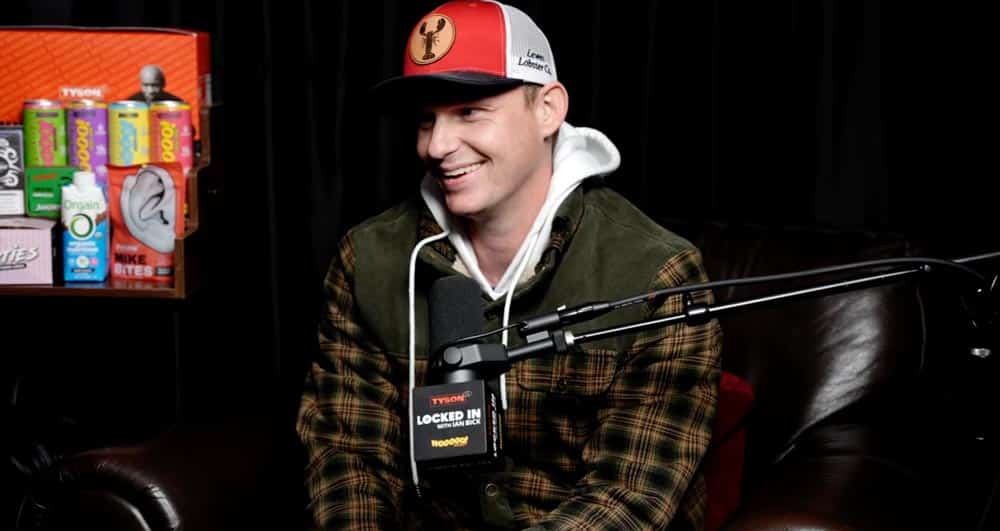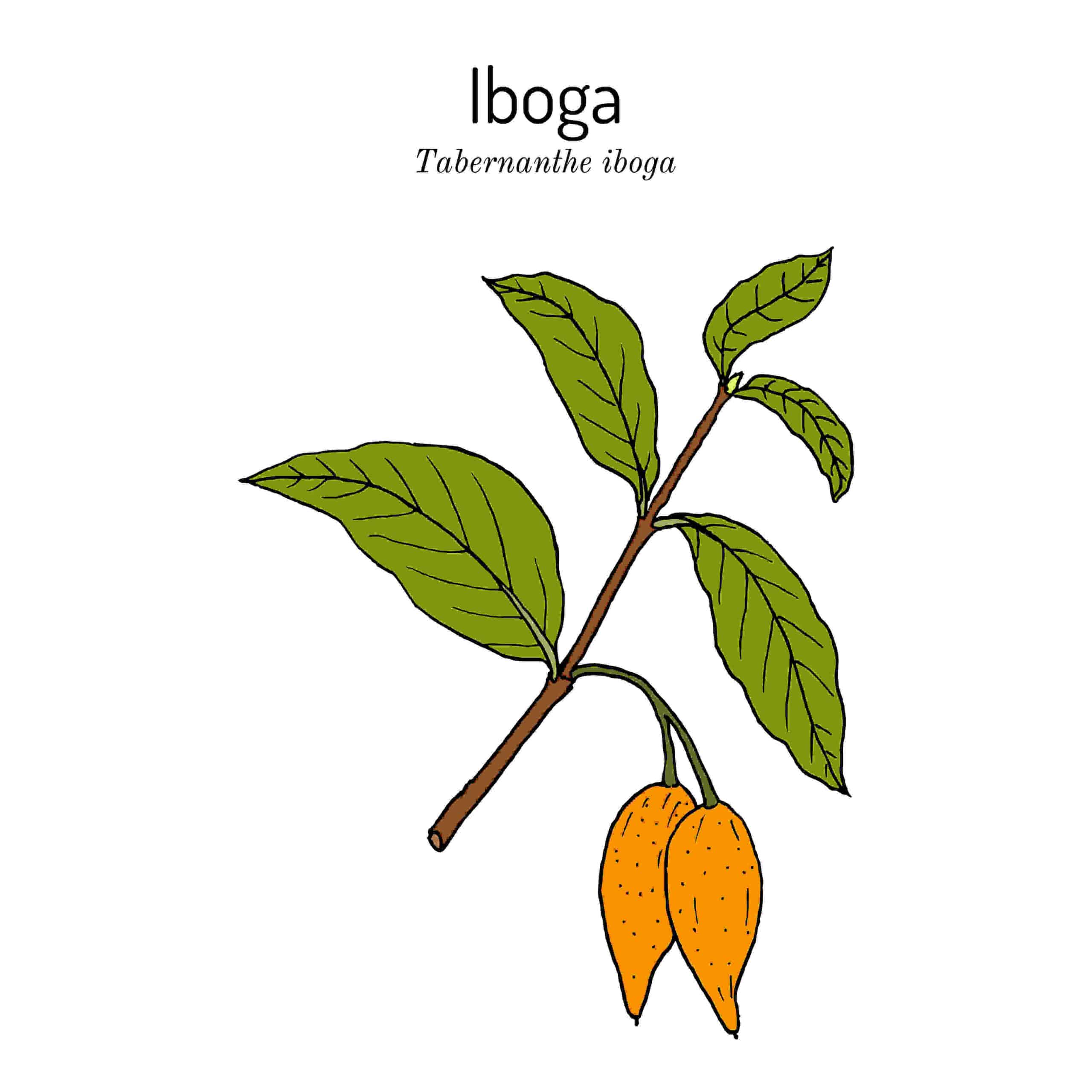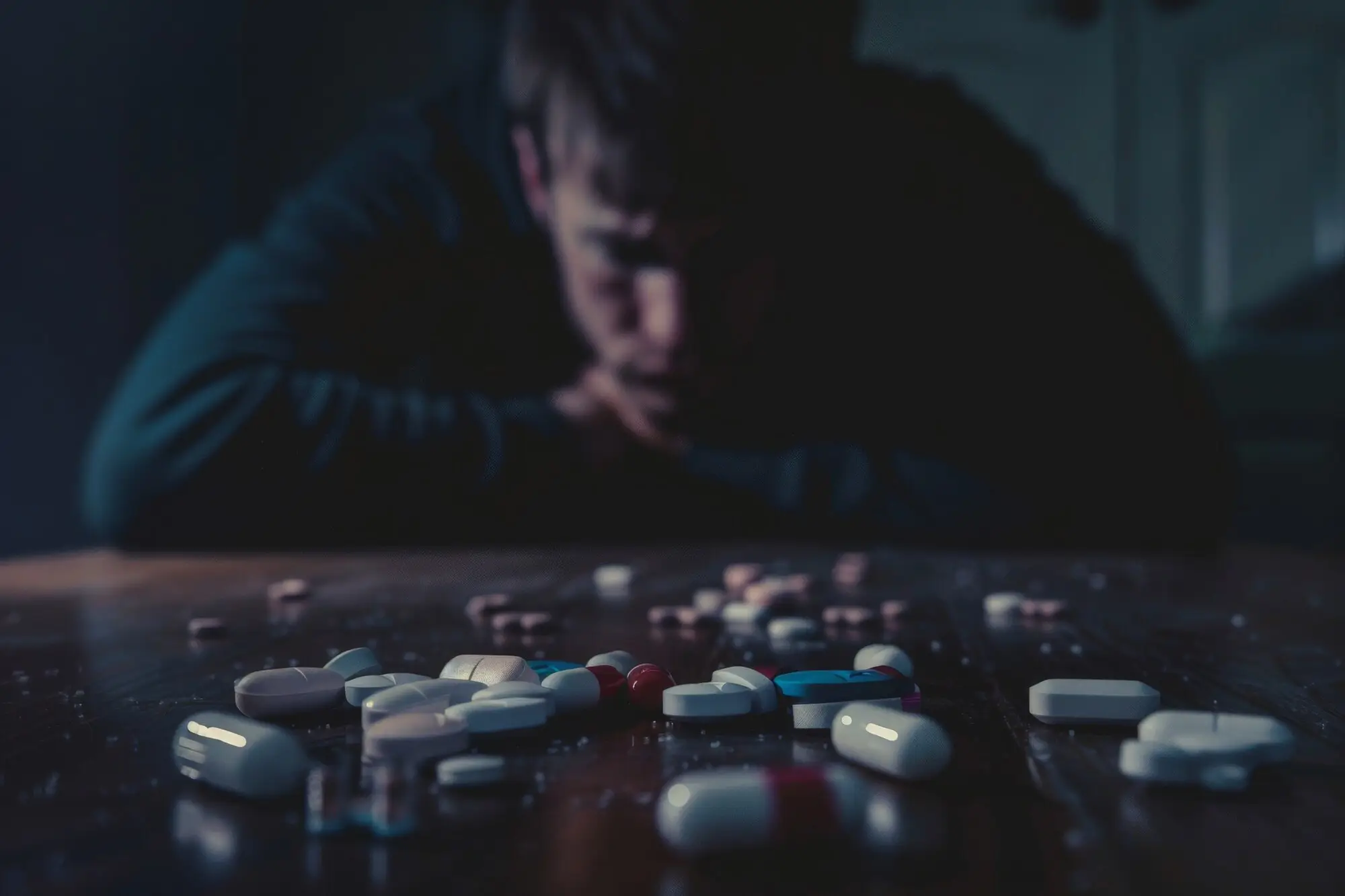Phillip’s Success Story Experience Ibogaine
In this podcast, Phillip shares the story of the assault that led to his sentence at prison boot camp, his battle with addiction, and the deep work he’s done to rebuild his life.
Read MoreAlternative Addiction Treatments & Therapies
For many individuals, overcoming addiction requires more than conventional treatments. It demands a personalized approach that addresses the mind, body, and spirit. In this blog, we will examine some of the most effective alternative addiction
Read MoreIbogaine’s Legal Status by Country (2025)
Ibogaine is an alkaloid psychoactive substance harvested from the root bark of the Tabernanthe iboga bush that grows in Africa. Due to its therapeutic efficacy in addressing substance use disorders, including dependence on opioids, cocaine,
Read MoreHow to Manage Opiate and Opioid Withdrawal With Ibogaine
Breaking free from opioid dependence can feel impossible, but the right treatment approach can make sobriety more accessible. Ibogaine has emerged as a powerful tool for managing withdrawal, helping ease discomfort, and reducing cravings. Unlike
Read MoreExplore the Future of Addiction Recovery: Ibogaine Clinical Trials
For those battling addiction, ibogaine treatment has emerged as a promising option. This natural alternative has garnered significant attention for its ability to help people live a life of sobriety. With the increasing popularity of
Read MoreWhat Is Ibogaine, and What Is It Used For?
Ibogaine is a natural psychoactive substance found in the African shrub Tabernanth Iboga. It has emerged as a promising alternative for the treatment of various addictions. In some treatment facilities, doctors use this compound to
Read More









